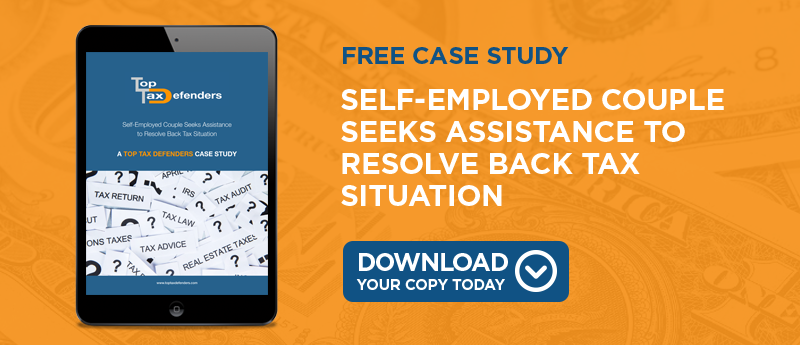
The 16th Amendment instituted the personal income taxes that people are accustomed to paying each year. While people understand that they pay their income taxes directly to the federal government, they may not realize that they also are paying indirectly paying taxes when they go shopping for their favorite consumer goods.
Indirect taxes are imposed on a variety of items that people purchase and pay for every day. These taxes also play a significant role in today's economy.
What are Indirect Taxes?
Indirect taxes are taxes that are added onto the final price for goods or services. They are created and implemented by municipal, county, state, or the federal government. These government entities decide regularly whether to raise, lower, or eliminate these taxes.Indirect taxes also are sometimes called sin or expenditure taxes. They are added to the final cost of a variety of products and services that people purchase every day.
Examples of Indirect Taxes
An indirect tax can be added to an assortment of goods and services that are available to consumers today. Some common examples of goods or services that carry indirect taxes include:- Fuel
- Cigarettes
- Ammunition for firearms
- Liquor
- Imports or customs
The Purpose of Indirect Taxes
People may wonder why they must pay extra money on top of the purchase price for common goods or services. They may believe that the additional cost is unfair or unreasonable.
However, indirect taxes are imposed for a variety of reasons. Some states, for example, impose indirect taxes on products like liquor and cigarettes to raise money for public service projects like road improvements or bridge construction.
Governments also impose indirect taxes to control who purchases certain items and also to dissuade young consumers from buying products like cigarettes, beer, and ammunition. Lawmakers believe that by adding this tax that they make the products less appealing to the public. In theory, people will be forced to reconsider their decisions to smoke, drink, or use other services and goods that carry the tax.
Controversy Regarding Indirect Taxes
This theoretical reconsideration stands behind one of the numerous reasons that indirect taxes face controversy today. Critics of the taxes argue that the public should not be restricted in such a way when it comes to what they can or should be able to purchase in the free market. Debate continues about whether or not indirect taxes restrict consumers' freedom to make their own purchasing decisions.
Likewise, economists argue that indirect taxes create an unstable marketplace and cause prices to fluctuate unnecessarily. The ability for people to buy products and services freely helps bolster the economy and keeps it stable.
When extra taxes are added to things that people want or need to buy, they may cease purchasing these items entirely. When people stop buying, the economy can suffer, consumer good prices may rise, and companies may start to lay off workers. As such, critics argue that indirect taxes have no place in the marketplace today and should be eliminated entirely.
People understand that they must directly pay income taxes each year to the government. They may not know, however, that they indirectly pay other taxes when they buy fuel, shop for cigarettes, or buy imported products. Even so, indirect taxes continue to be common in today's marketplace.




